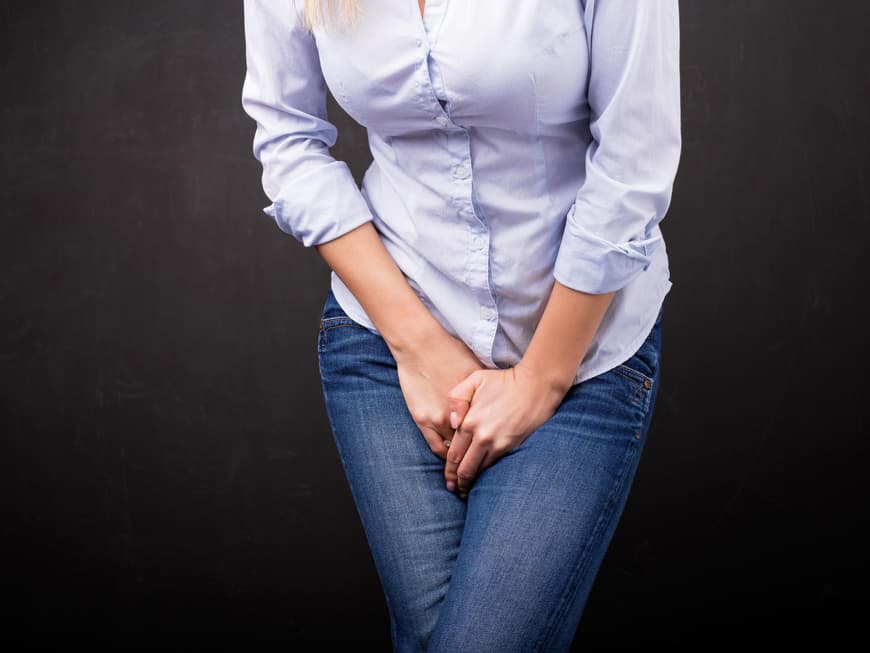
When a urinary tract infection turns into a constant bladder infection
Is the constant urge to urinate and the burning sensation when urinating not helped by tried and tested household remedies? If there is no improvement after three days, even with sufficient fluids, plenty of warmth, appropriate hygiene and healthy cranberries, it is advisable to consult a doctor. A doctor must be consulted at the latest if blood in the urine, fever or back pain are added to the typical symptoms. The specialist will most likely prescribe medication to treat the bacterial causes of the bladder infection. In many cases, antibiotics are used to combat the bladder infection.
Frequent cystitis must be examined
If nothing is done or there is no improvement, the germs that cause the urinary tract infection can ascend to the kidneys and cause inflammation of the renal pelvis. Those affected then mistakenly have the feeling that they constantly have a bladder infection . Because, in the worst case, other illnesses are behind the symptoms, frequent bladder infections should definitely be clarified.
A doctor can determine the actual bacterial load with a urine sample, for example. If the bacteria found are not those that normally trigger the symptoms of a urinary tract infection, the bladder inflammation must have other causes. In women who frequently complain of cystitis, the urinary tract and kidneys can also be examined for anatomical changes and stones using ultrasound. The kidneys may also already be affected by inflammation. By determining residual urine - also with the help of ultrasound - the urologist may discover a bladder emptying disorder. If there is always residual urine in the bladder, bacteria find an ideal breeding ground and repeatedly trigger bladder inflammation. A tissue biopsy may rule out an irritable bladder, which can have various causes and can constantly lead to cystitis. A cystoscopy can detect tumors that may be narrowing the urinary tract. As a result, urine cannot drain properly and dangerous residual urine forms.






